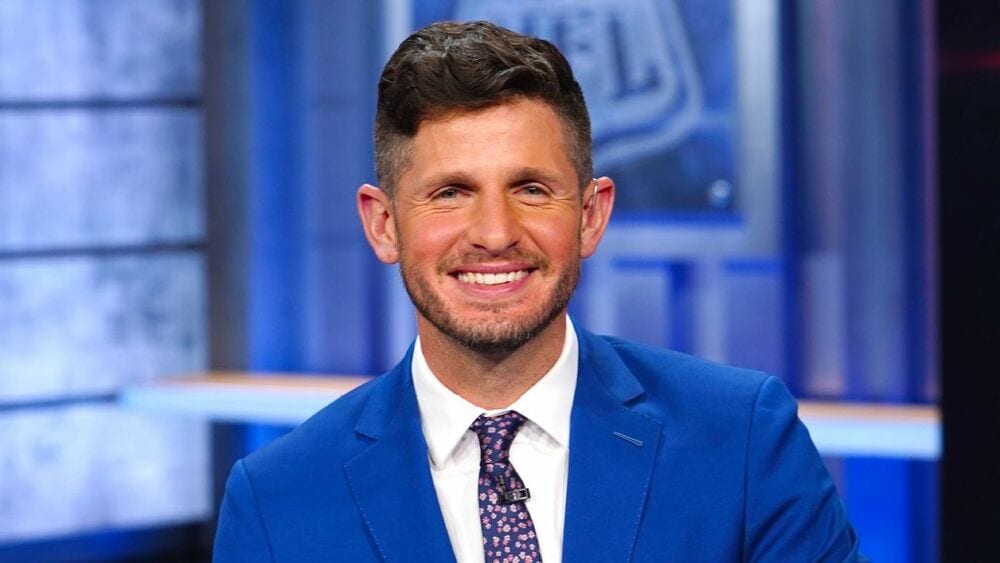I caught myself just in time. I was recently chatting with a single friend and the topic of marriage came up. She mentioned how badly she wants to find someone to date and eventually marry. My wife and I have been together for nearly two decades, and I understand the joy of marriage, so my first inclination was to say something like, “It’ll happen. Just wait.” But I didn’t say that, and I’m glad I held back.
I’m glad because truthfully, my friend may never wear a wedding dress. She might, but I have no idea. The glass-half-full encouragement I wanted to give her, while nice and well meaning, may not have come off as supportive as I’d hoped. It could actually have made her feel worse. This interaction prompted me to think about all the knee-jerk sayings I let slip with my kids—sayings that aren’t entirely supportive, either. Sometimes, parents say things intended to make kids feel better but that aren’t received well. Here are 11 common sayings kids really don’t want to hear.
1. “Try harder.”
Maybe your kids are trying their best and it just hasn’t yielded great results yet. Telling them to try harder will just make them feel like their best isn’t enough or—worse—that they aren’t enough.
2. “Don’t worry. It’ll happen.”
As was the case with my friend and marriage, maybe it will, but maybe it won’t. If your goal is to preach patience, that’s one thing. But be careful not to make false promises. Those can devastate your kids and ruin your credibility.
3. “Everything happens for a reason.”
Imagine saying this to a child who just got cut from the baseball team. It can be dismissive of pain or struggles. Romans 8:28 offers a more hopeful message. It says God “works all things together for the good” of those who love and trust him. That’s a better message for your kids. No matter why things happen, God is able to use it for our good.
4. “You should be happy for them.”
Speaking of baseball, I remember wanting to play shortstop, but my high school coach gave the position to his son instead. “You should be happy for them” is not something I would have wanted to hear. This is an attempt to redirect disappointment. Instead, show empathy to your kids when they’re sad. Do what Galatians 6:2 says, and “carry each other’s burdens.”
5. “It could be worse.”
While true, this is obviously one of the things kids don’t want to hear. It is dismissive of the difficulty of their current situation. In theory, things could always be worse. But pointing it out while your kid is expressing emotions minimizes your child’s feelings and invalidates his experience.
6. “What doesn’t kill you makes you stronger.”
Even if you said it with the best of intentions, this can come across as callous and dismissive. What hurts, hurts. By going through it, your kid probably will develop perseverance, but it still hurts. Remind your kids that God is near to the brokenhearted (Psalm 34:18).
7. “Relax.”
Has this ever worked? Maybe, but I’ve certainly seen it have the opposite effect and stress kids out even more. Telling our kids to relax without teaching them how or allowing them to get their thoughts and feelings off their chests sounds a lot like “your attitude is bothering me.” Stop, listen, and work through your kids’ feelings together.
8. “Suck it up.”
We may as well tell our kids to get over it. But how is that helpful? It’s a not-so-subtle hint that you think your kids’ experience isn’t important or that they’re expending too much energy on something. That’s devastating to a child who is frustrated, let down, or feels like she has underachieved.
9. “Good things come to those who wait.”
Patience is important, but sometimes you need to act. Help your kids find a balance between being patient and working toward a goal. Look for ways to participate with your children as they pursue something important to them.
10. “Follow your dreams and you’ll never work a day in your life.”
Passion is great, but all jobs involve effort. In Episode 14 of the All Pro Dad podcast, we discussed helping kids realistically believe in themselves (Watch it here!). Part of that job requires we tell them the truth—that working toward a dream still requires work. Tell them the pursuit of their dream will be worth it, but not effortless.
11. “Follow your heart.”
I think deep down, this is one of the things kids don’t want to hear. They want to hear plans and guidance. The generic “follow your heart” stuff doesn’t offer them any direction. What kids truly want is wisdom from people they love and respect. So, be specific with your instruction. Besides, Jeremiah 17:9 says that the “heart is deceitful above all things and beyond cure.” Telling someone “follow your heart” often leads them to despair, mistakes, and regrets.
Sound off: What is your go-to saying when you are trying to be helpful?











Huddle up with your kids and ask, “Why should we choose our words carefully?”